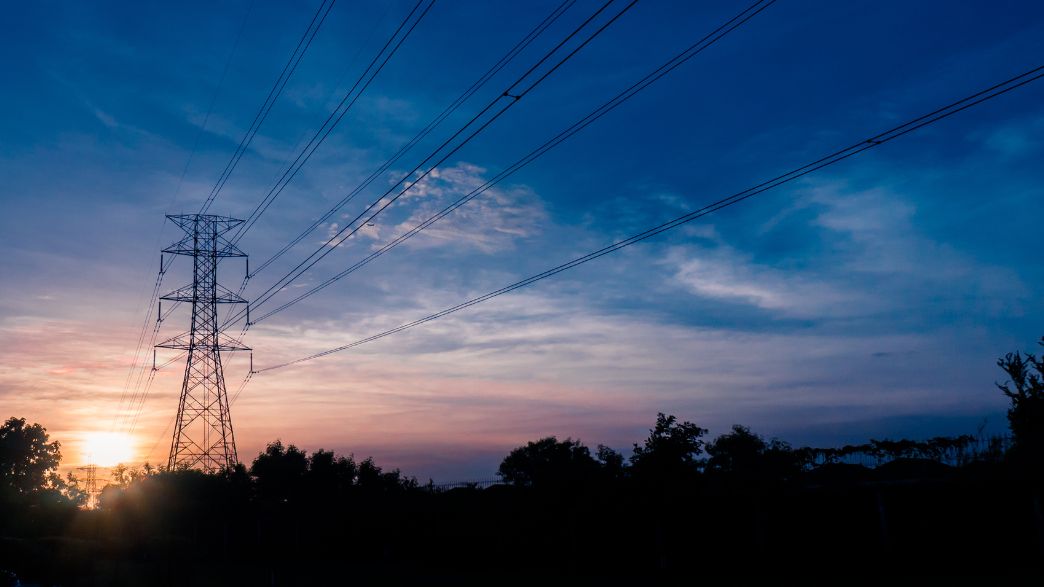As agents in the energy sector, we recognize the vital importance of energy security. The International Energy Agency (IEA) describes it as the assurance of available energy services at any time, in sufficient quantity, and at affordable prices. Energy security is the backbone of economic activity in any nation. When energy is lacking, industrial sectors cease production, services come to a halt, transportation is affected, and homes plunge into darkness. This energy interruption can lead to price increases in the short-term market and also environmental impacts due to the use of non-renewable sources to restore energy security.
To enhance energy efficiency and consequently security, it is essential to invest in public policies. We need modern and efficient machinery and equipment that reduce energy consumption. The distribution and transmission of energy must be improved with the incorporation of new lines and innovative equipment to increase efficiency over long distances. The centralized and decentralized production of energy also deserves attention. Storing energy at strategic locations can mitigate the problem of intermittency from renewables, while decentralized production, with incentives for distributed generation close to the loads, avoids significant losses by transmission.
When considering alternatives to mitigate global warming, renewable energy emerges as the best solution. From hydraulic to wind and solar sources, and even biomass and biogas, we have a range of options available. The renewable sources of wind and solar have shown great promise, with significant growth both in the Brazilian and the world electrical matrix. However, intermittency is a challenging issue, as energy is generated only when there is wind and sun, which does not always coincide with consumption.
To overcome this challenge, we need to turn to technology. Energy storage is a classic example. For large wind and solar plants, energy storage not only meets technical demands but also increases profitability. With storage, the supply guarantee is greater and prices are higher, improving the attractiveness of the investment.
Moreover, microgrids are proving increasingly important. These are portions of the power distribution network that combine loads, renewable generation (mostly solar), and storage, all controlled by a single platform. These microgrids provide a balanced energy balance, relieve the large distribution and transmission networks, and encourage more conscious use of energy, promoting energy efficiency.
With a focus on energy security, the energy transition becomes a crucial action. This transition is driven by the need to reduce greenhouse gas emissions, as stipulated by international agreements such as the Kyoto Protocol and the Paris Agreement. The energy transition unfolds in three pillars: digitalization, decarbonization, and decentralization. Digitalization implies the intensive use of technology, incorporating sensors, communication, data analysis, and cybersecurity.
Decarbonization seeks the massive use of renewable energy and electric vehicles. Meanwhile, decentralization involves initiatives such as solar generation in homes, energy storage, and microgrids. All these elements collaborate for a more sustainable, resilient, and adaptable energy system.
The energy transition, therefore, is an essential catalyst for energy security. It enables the diversification of the energy matrix and optimizes efficiency and energy quality, enabling countries to manage their energy demands internally. In the Brazilian context, we have extraordinary potential to take advantage of our natural wealth of sun and wind to expand the use of renewable energy.
In this scenario, it is imperative to create a favorable regulatory environment that attracts investment in renewable energy. Energy policy should align with long-term sustainability and carbon reduction goals. Authorities should stimulate research and development in renewable energy technologies, as well as facilitate access to financing and tax incentives for companies in this sector.
Meanwhile, companies and investors should consider renewable energy not just as a profitable investment opportunity, but also as a social and environmental responsibility. The benefits of investing in clean and renewable energy go beyond financial returns. They include the creation of local jobs, improved public health, reduced air pollution, and contribution to the global fight against climate change.
In summary, the journey towards energy security in Brazil is full of challenges, but also opportunities. Investing in clean and renewable energy is a powerful way to face these challenges and capture these opportunities. With the right mix of public policies, private investment, and citizen participation, Brazil has the potential to become a global leader in sustainable energy.

Comment